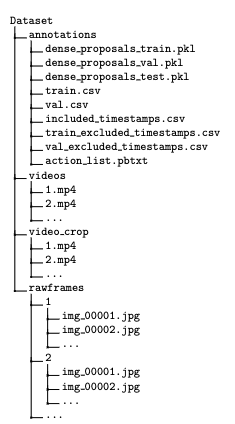如果我有一个带签名的元组(String,Bool),我无法将其转换为(String,Any).编译器说:
error: cannot express tuple conversion ‘(String,Bool)’ to ‘(String,
Any)’
但这应该可行,因为Bool可以安全地转换为Any with as.如果您执行类似的操作,几乎会抛出相同的错误:
let any: Any = ("String",true)
any as! (String,Any) // error
any as! (String,Bool) // obvIoUsly succeeds
错误:
Could not cast value of type ‘(Swift.String,Swift.Bool)’ to
‘(protocol<>,protocol<>)’
即使它们包含的类型可以,也无法强制转换元组.例如:
let nums = (1,5,9) let doubleNums = nums as (Double,Double,Double) //fails
但:
let nums : (Double,Double) = (1,9) //succeeds
let tuple = ("String",true)
let anyTuple = (tuple.0,tuple.1 as Any)
// anyTuple is (String,Any)
这是the Swift documentation注意到的原因之一:
Tuples are useful for temporary groups of related values. They are not suited to the creation of complex data structures. If your data structure is likely to persist beyond a temporary scope,model it as a class or structure,rather than as a tuple.
我认为这是一个实现限制,因为元组是像函数一样的复合类型.同样,你不能创建元组的扩展(例如扩展(String,Bool){…}).
如果您实际使用的是返回(String,Any)的API,请尝试将其更改为使用类或结构.但是如果你无力改进API,你可以打开第二个元素的类型:
let tuple : (String,Any) = ("string",true)
switch tuple.1 {
case let x as Bool:
print("It's a Bool")
let boolTuple = (tuple.0,tuple.1 as! Bool)
case let x as Double:
print("It's a Double")
let doubleTuple = (tuple.0,tuple.1 as! Double)
case let x as NSDateFormatter:
print("It's an NSDateFormatter")
let dateFormatterTuple = (tuple.0,tuple.1 as! NSDateFormatter)
default:
print("Unsupported type")
}
如果API返回Any并且不保证元组(String,Any),那么你运气不好.






